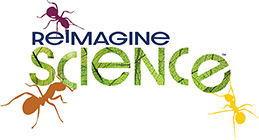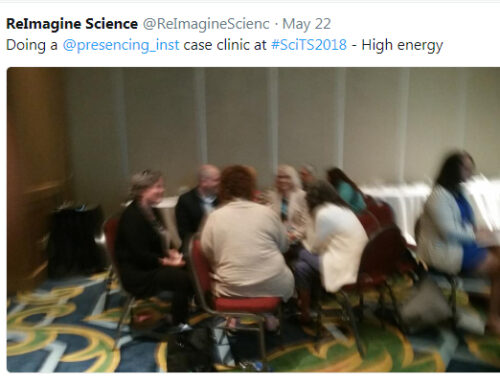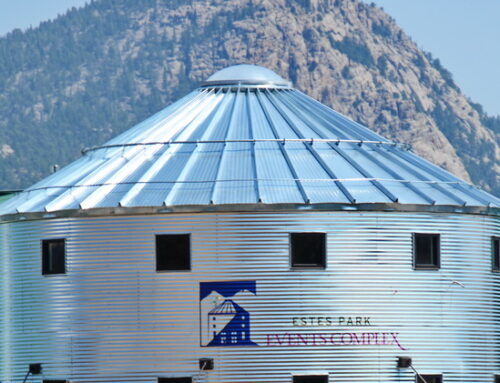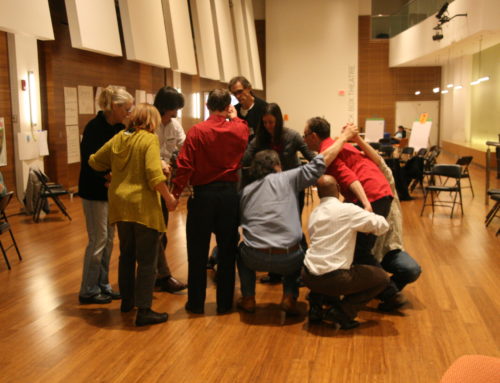National Academies of Science is sharing its webinar discussing the Science of Team Science report.
Symposium:
Enhancing the Effectiveness of Team Science
September 18, 2015
(9:00 am – 3:00 pm)
from the Keck Center in Washington, DC
The report, which came out earlier this year, can be accessed
at the National Academies of Science site here.
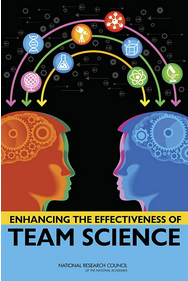
Various scientific agencies and funders are looking at how to get collaboration whilst still running under our current incentives and rewards (the ‘prestige systems’ of how we do science). Amy Friedlander, of the National Science Foundation: they “do not align well.”
Further, universities from the department to the dean level do not know how to fit team-work productivity into tenure and promotion informing.
Additionally, scientists have not historically gotten leadership or management training during their academic careers. This is a burgeoning domain, as several organizations now have offerings in this area. ReImagine Science is most familiar with UCBerkeley’s student-run SLAM course, or Chem268, which was born out of a ‘Third Space’ event hosted by ReImagine Science (formerly Yámana Science and Technology).
From SLAM’s self-description:
“UC Berkeley is a great place to gain scientific expertise — but that’s hardly the only thing you’ll need to succeed in your post-PhD career, whether in industry or academia. Are you ready to lead a group? Manage your coworkers? Mentor budding scientists? To address the many interpersonal issues that arise in a scientific workplace, UC Berkeley grad students in STEM fields founded SLAM: Science Leadership and Management.”
Yet as Dr. Amy Friedlander put it, it is the quality of the scientific output, and its potential impact on society, that drives the movement to team science.
